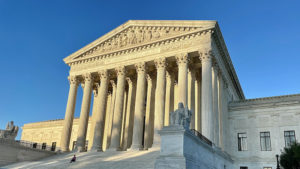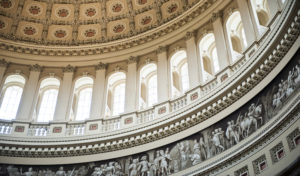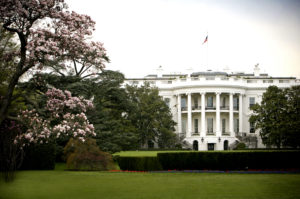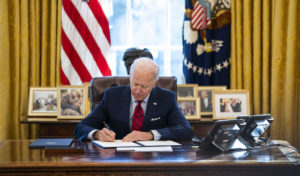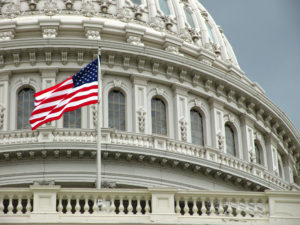Rule 50 of the Olympic Charter and Freedom of Expression
Olympic rules must balance the right to freedom of expression with the neutrality of the games.
Important Changes at the Intersection of Antitrust and Administrative Law
Supreme Court changes in administrative law create uncertainty for new antitrust guidance from federal regulators.
Creating an Inclusive Political Order
True representative democracy depends on making access to voting a realistic option for all.
Regulatory Engagement is Due for an Upgrade
Improving comment solicitation and fixing Regulations.gov will enhance access to the regulatory process.
Beyond OIRA for Equity in Regulatory Process
OIRA should use both top-down and bottom-up approaches to advance equity at the agency level.
Democratic Innovation to Improve Agency Rulemaking Comments
Agencies should consider new tools to expand access to public opinion in the rulemaking process.
Balancing Public Engagement and Agency Action in a Changing World
Regulators facing challenges such as climate change must balance obtaining public input with acting effectively.
Marginalized Groups and the Multiple Languages of Regulatory Decision-Making
Agencies must incorporate insights from marginalized communities to empower them.
A Turning Point for Digital Asset Regulation
President Biden’s executive order puts forth a competitive and inclusive vision for the future of digital assets.
Reimagining the Public’s Role in Agency Rulemaking
Congress should tailor the notice-and-comment process for more meaningful public participation.
Institutionalizing Equity in Agency Decision Making
By creating internal rules on rulemaking, agencies can increase underserved communities’ access and participation.
Regulatory Reform, Benefit-Cost Analysis, and the Poor
OIRA should add a benefit-cost analysis focused on protecting the poor when evaluating new agency rules.


